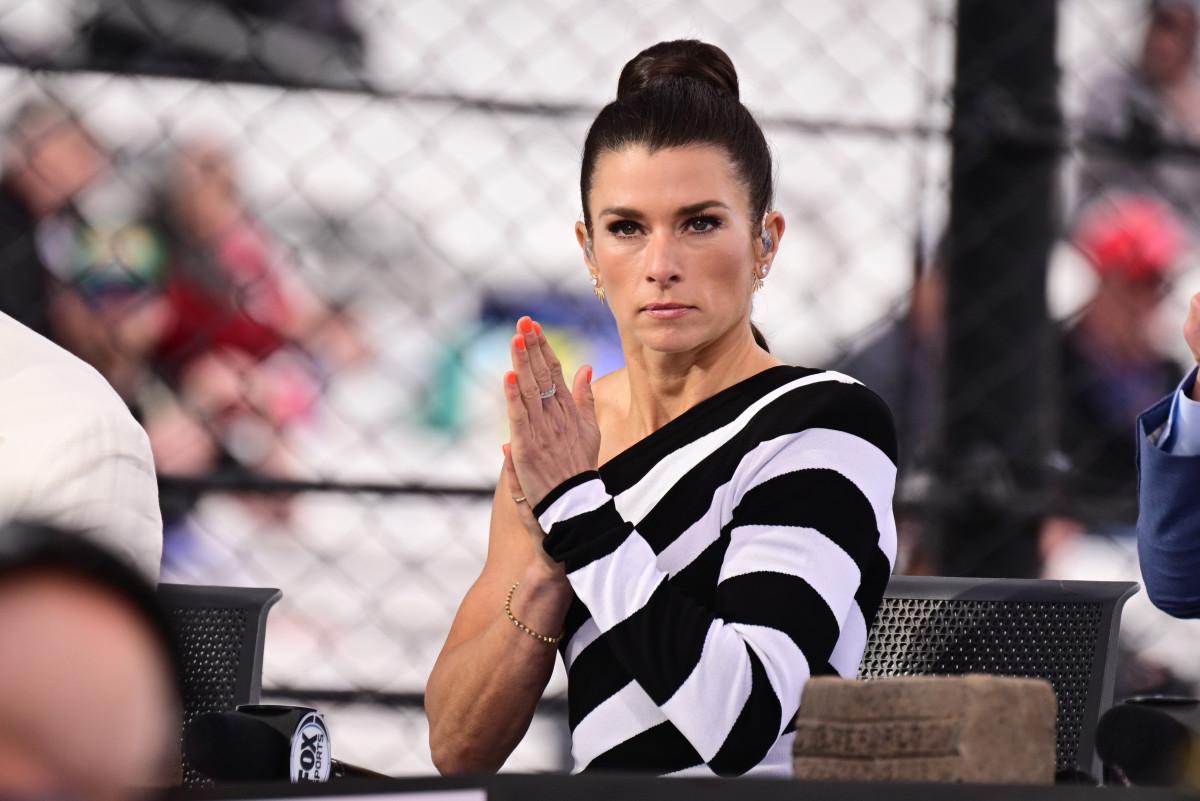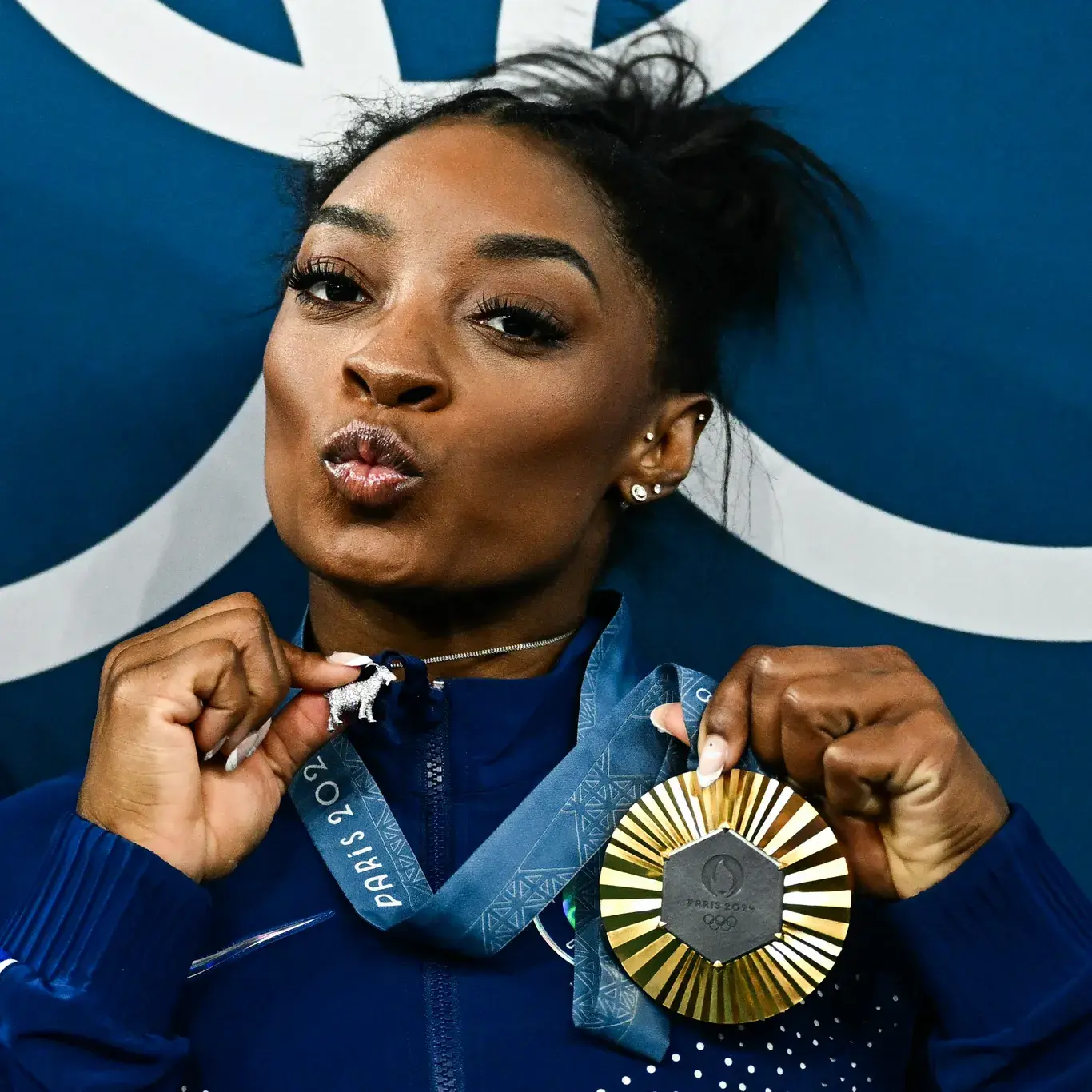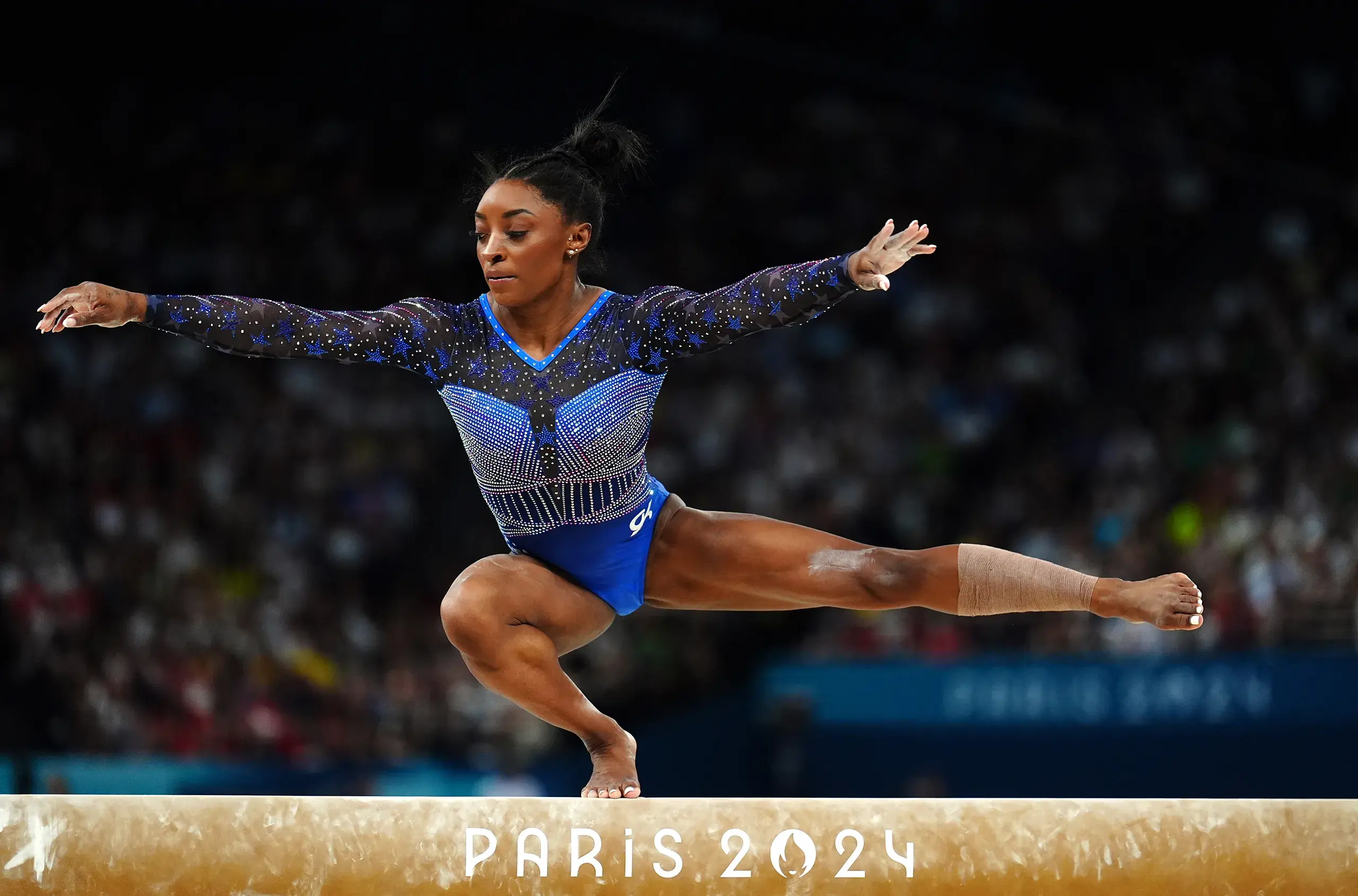Danica Patrick has once again sparked controversy, this time by publicly aligning herself with former swimmer Riley Gaines in the heated debate over transgender athletes competing in women’s sports. The issue has garnered significant attention, especially following a public clash between Gaines and Olympic gymnastics legend Simone Biles. Patrick, a former NASCAR and IndyCar driver, is no stranger to bold statements, but her support for Gaines has stirred up strong reactions across the sports world.

The feud began when Riley Gaines, an outspoken advocate for keeping women’s sports fair and separate from transgender athletes, criticized the inclusion of transgender women in female competitions. Gaines, who was a former collegiate swimmer, has been particularly vocal about her belief that allowing transgender women to compete in women’s events is inherently unfair. She points to the physical advantages that trans women, who were assigned male at birth, may have over cisgender women, especially in strength-based sports.
Simone Biles, who has been a longtime champion for inclusivity and diversity in sports, countered Gaines’ viewpoint in an intense public exchange. Biles defended the rights of transgender athletes to compete, emphasizing the importance of inclusion, and suggested that the focus should be on creating more equitable opportunities for all athletes, including transgender women. The disagreement grew more contentious as the two high-profile athletes traded barbs, with Biles accusing Gaines of being a “sore loser” and bullying transgender competitors.

In the midst of this public battle, Danica Patrick entered the fray with a strong statement supporting Gaines. Patrick, who has previously voiced her conservative views, expressed that she stood by Gaines’ efforts to protect the integrity of women’s sports. In her social media post, Patrick condemned the idea of allowing transgender women to compete in women’s events, calling it part of a larger “woke mind virus” that she believes is taking over sports and society. She praised Gaines for speaking out, calling her “a hero” and a key figure in the fight for fairness.
Patrick’s comments added fuel to the fire, with supporters of both sides intensifying their arguments. While many agreed with Patrick, believing that the inclusion of transgender athletes could undermine the opportunities for cisgender women, others saw her stance as harmful to the progress of inclusivity in sports. Biles, who has long been an advocate for the rights of marginalized groups, responded with a carefully worded apology, acknowledging that the issue is complex and that respectful conversations should be held to find a solution. However, she remained firm in her belief that the conversation around transgender athletes should center on equity and fairness for all, rather than limiting participation based on gender identity.

The ongoing debate continues to divide athletes, fans, and sports organizations, with no easy solution in sight. Danica Patrick’s involvement has further entrenched the polarized positions, adding another layer of complexity to an already fraught issue. As the battle between Gaines, Biles, and now Patrick intensifies, it remains to be seen how the future of transgender inclusion in sports will unfold.






